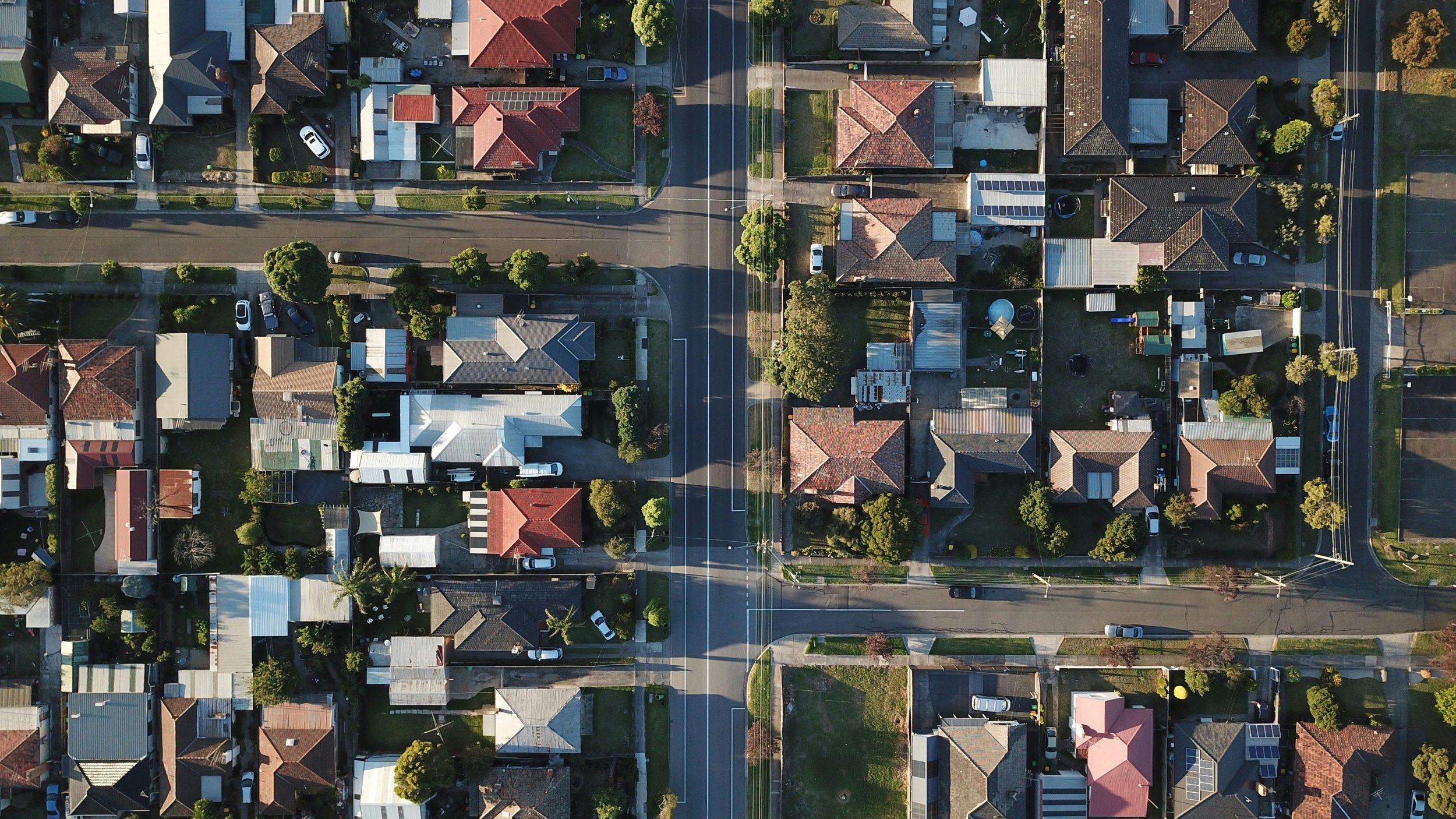OUR MISSION
NAAHL’s mission is to expand economic opportunity through innovative financing and policymaking for affordable housing and community development.
Founded in 1990, NAAHL is the national alliance of the leading investors and lenders in affordable housing and community development – bringing together banks, CDFIs, and other public, private, and nonprofit lenders.
NAAHL’s member network uniquely represents the public-private partnership that makes possible affordable housing and community development financing in America.
We Connect
We connect as a cross-sector network to share emerging challenges, opportunities, and ideas. NAAHL is where experienced practitioners with diverse perspectives find common ground and gather to shape future investments, practices, and policies.
We Lead
We lead as a united voice for bipartisan public policies and best practices to support financing of affordable housing and community development. NAAHL serves as the “honest broker” in public policy debates and works closely with policymakers and industry leaders.
We Inform
We inform as both a rapid response policy team and as an incubator of innovative, efficient, effective, and inclusive policy development. NAAHL is a one-stop resource for best practices, public policy developments, and the latest data and research.
NAAHL Member Impact:
NAAHL BY THE NUMBERS
75
Lent and invested in housing and community development in 2023
Billion
50
states and Washington DC impacted by NAAHL member investments.

ENGAGE
Become a NAAHL Member
NAAHL brings together the perspectives of our diverse members, which includes banks, community development financial institutions (CDFIs), private investors, and nonprofit and public partners, to find common ground and speak with one voice.
Learn more about how our members connect, lead, and inform policymaking and progress through our membership.






